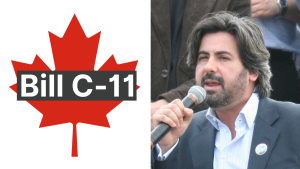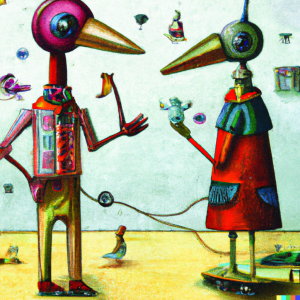Canada’s censorship bill becomes law
After years of contentious debates, Bill C-11, Canada’s Online Streaming Act has become law.
As we’ve written here (Senate Passes Controversial Internet Censorship Bill) and here (Canada’s Plans to Regulate the Internet), this bill poses many dangers for Canadian users and creators alike.








